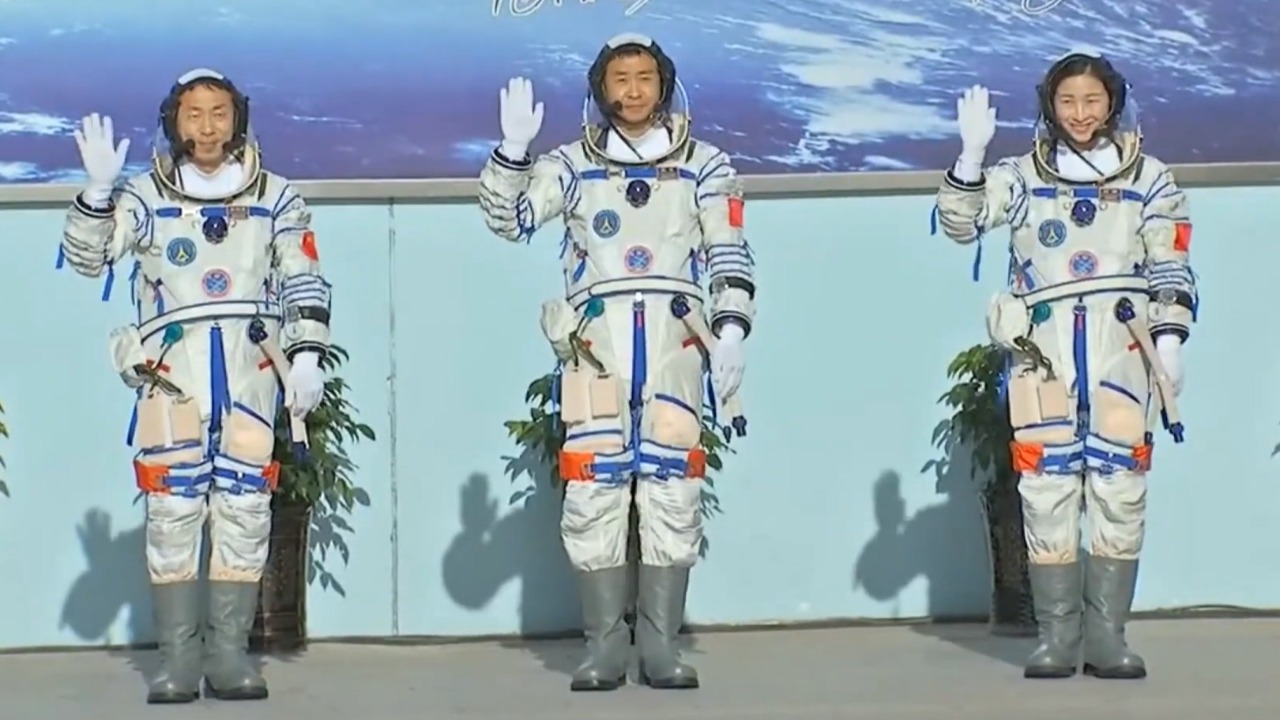
A sudden and unexpected incident has left three Chinese astronauts stranded aboard the Tiangong space station. Their return capsule was struck by space debris, rendering it unsafe for use and delaying their scheduled return to Earth. This incident, which occurred on November 5, 2025, has raised concerns about the safety of the crew and the escalating risks posed by orbital debris.
The Mission Context
The stranded astronauts were part of the Shenzhou-19 crew, launched for a six-month stay on the Chinese space station. Their mission involved conducting scientific experiments and performing maintenance tasks. The crew’s stay was designed to overlap with the outgoing Shenzhou-18 crew to ensure a seamless transition in station operations [source]. The return capsule, loaded with non-essential equipment, was prepared for re-entry following the handover.
Details of the Debris Strike
The return capsule was hit by space debris during the final preparations for undocking from the space station [source]. The impact, suspected to be from orbital debris, damaged critical components of the capsule, making it unfit for use [source]. Fortunately, the three astronauts were unharmed and remained safely inside the station’s core module at the time of the incident.
Immediate Aftermath and Crew Status
Following the debris strike, the astronauts are now stranded at the Chinese space station, with their return to Earth postponed indefinitely until repairs can be made or a replacement vehicle can be sent [source]. Ground control in Beijing has confirmed that the crew’s vital systems are stable and that they have sufficient supplies for an extended stay [source]. Communication with the astronauts remains uninterrupted, allowing for real-time monitoring of the situation.
China’s Response and Rescue Plans
In response to the incident, the China Manned Space Agency (CMSA) has activated emergency protocols, including an analysis of the debris trajectory to prevent further incidents. The agency is also considering a potential rescue mission using an expedited Shenzhou launch to retrieve the stranded crew [source]. While international partners have been notified of the situation, the CMSA has emphasized its intention to resolve the issue independently.
Risks of Space Debris in Orbit
The incident involving the return capsule highlights the increasing threats posed by orbital debris from defunct satellites and past collisions to crewed missions [source]. The strike underscores the vulnerabilities in low Earth orbit, where the Chinese space station operates at approximately 400 kilometers altitude. In light of similar near-misses in recent years, global efforts to mitigate debris, such as removal technologies, have gained urgency.
Broader Implications for Space Exploration
This event marks a rare setback for China’s ambitious space program, which has achieved independent station operations since 2021 [source]. The stranding of the astronauts could delay upcoming missions, including planned international collaborations on the Tiangong space station. Furthermore, the lessons learned from this debris impact may influence future capsule designs to enhance shielding against micrometeoroids and orbital junk.
More from MorningOverview